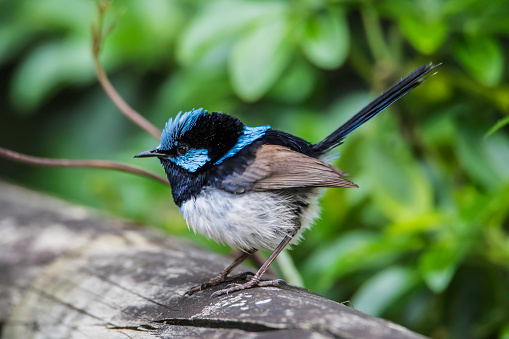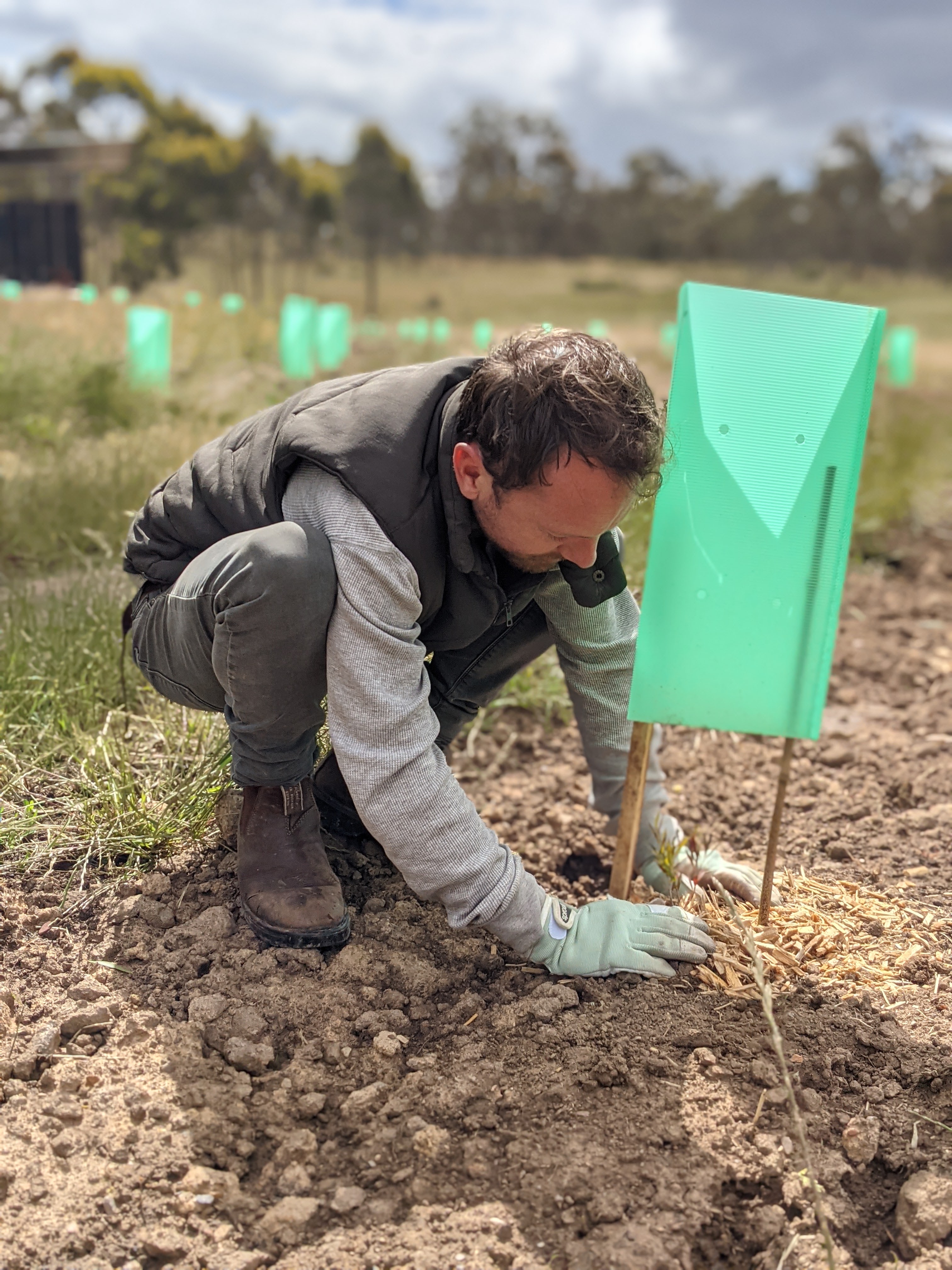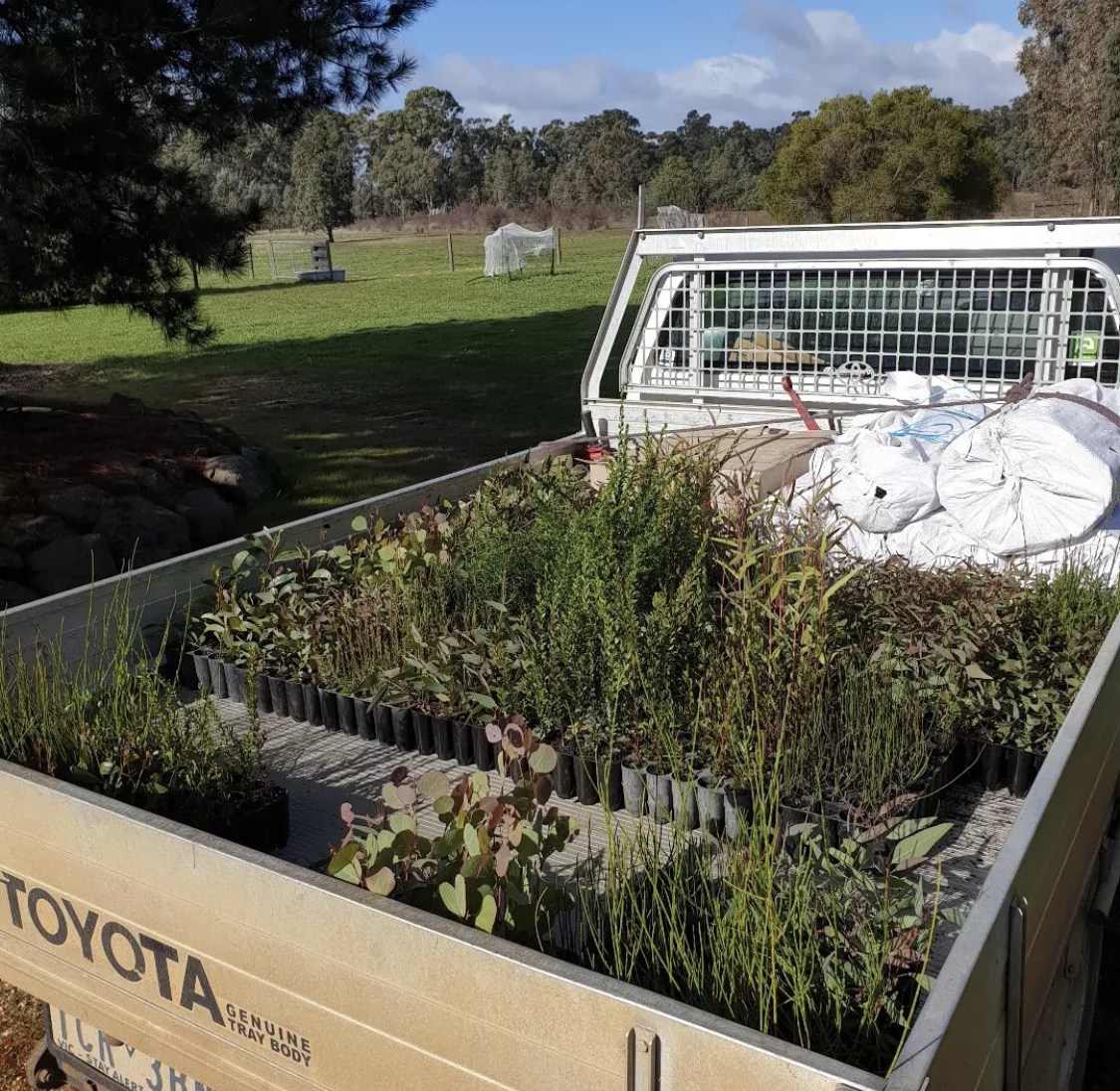October 6, 2022
|
Climate Futures Summit.
TREES PLANTED
120
With heavyweight environmental speakers such as Al Gore, First Nations representatives and youth, just to name a few, the Climate Futures Summit hosted by The University of Melbourne was held in Melbourne on Thursday 6 October. This was an opportunity for ideas, theories, new innovations, and solutions to be discussed on climate action, with members from research, youth, policy and the general public all invited.
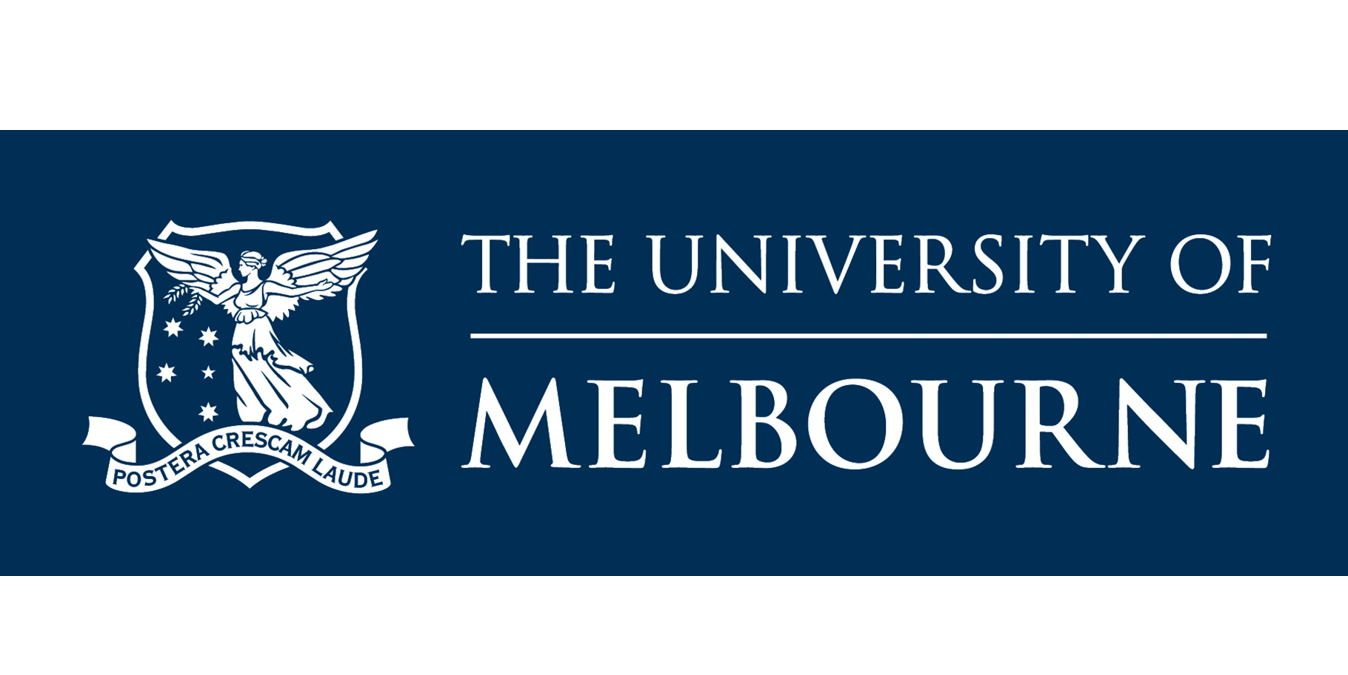 The Climate Futures Summit was held both online and in person and recordings of all sessions will be available on the Melbourne Climate Futures website.
The Climate Futures Summit was held both online and in person and recordings of all sessions will be available on the Melbourne Climate Futures website.
Among the many impressive speakers on the day were:
Professor Duncan Maskell, University of Melbourne Vice-Chancellor and biochemist.
Professor Jacqueline Peel, Director of Melbourne Climate Futures and a Professor at Melbourne Law School.
Ross Garnaut, Emeritus Professor in Economics at The Australian National University and an Emeritus Professor in Business and Economics at the University of Melbourne. Director of Zen Energy.
Al Gore, Nobel Peace Prize Winner, former Vice President USA, founding partner and chairman of both Generation Investment Management, and The Climate Reality Project.
Henry Puna, the 10th Secretary General of the Pacific Islands Forum.
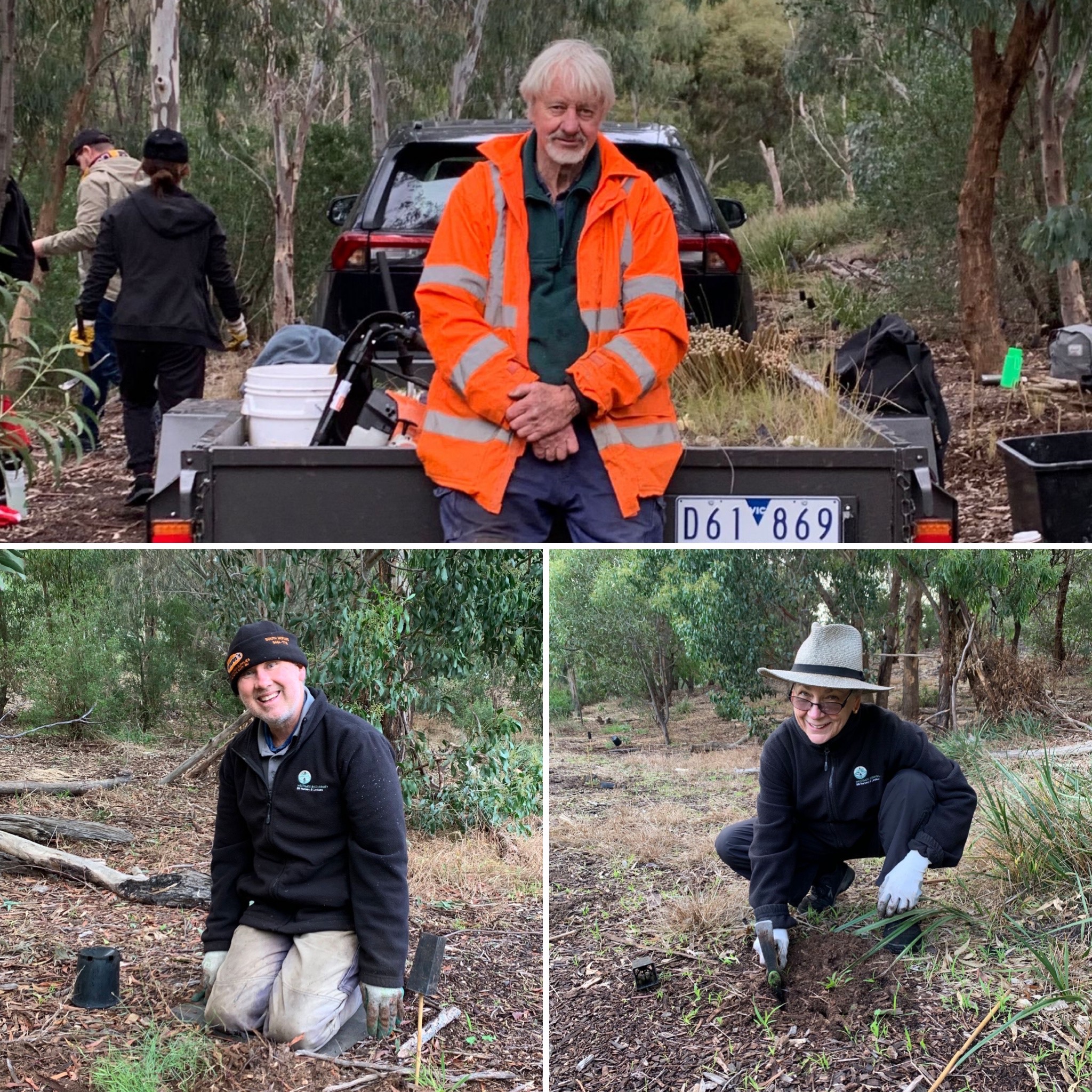
Melbourne Climate Futures drives the University of Melbourne’s leadership role on one of the greatest and urgent global challenges of our time – the future of our planet, and our society, with climate change.
It brings together research and expertise from across the University, not only to learn and educate, but to become a guiding voice for policymakers, industry, the public, and our own University community in Australia and the Indo-Pacific region to enact real change.
Melbourne Climate Futures connects and amplifies the depth and breadth of University of Melbourne research, creates a portal to share ideas and collaborate on real action, and empowers the next generation of climate activists. They lead the University’s push to walk the talk on climate action.
The issues surrounding climate change are complex, ever changing and the plethora of topics covered on the day included :
- What does the latest climate science tell us we need?
- Current sustainability trends in business and investment.
- First Nations’ leadership on climate solutions.
- Youth perspectives for innovative climate solutions.
We know the discussions will lead to change and will demonstrate our potential to address climate change acceleration with deep and urgent action, on a local and global level.
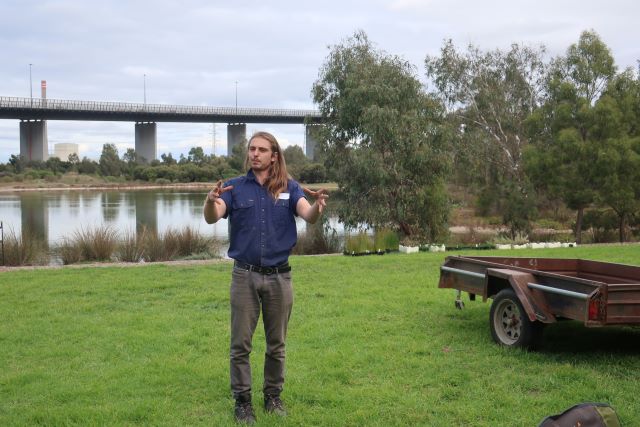
This week, 8 X 15 indigenous trees and shrubs (total of 120) have been planted as a thank you for 8 speakers at the event. The trees were planted at Westgate Park, by the tremendous crew at Westgate Biodiversity
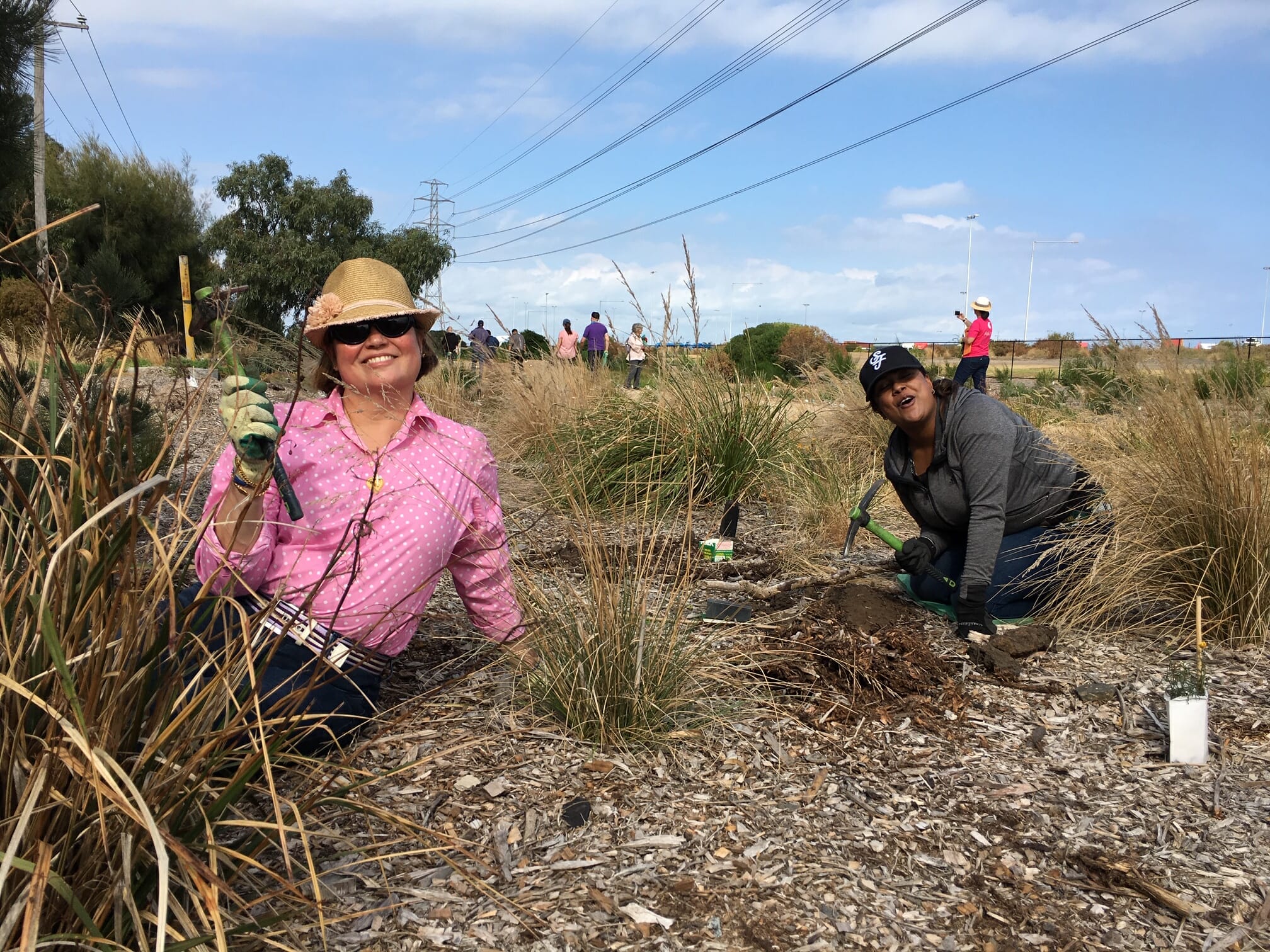
Westgate Biodiversity is a community-based not-for-profit organisation. They grow and sell locally indigenous plants and are transforming Westgate Park into a natural, bush-like place for people to enjoy. They work to educate their members and the wider community on the importance of protecting and enhancing the natural environment, urban biodiversity, and healthy environments. They do this by planting locally indigenous plant species and encouraging volunteering and community engagement with the natural environment.
Writer: Lou Ridsdale.
Lou is a big fan of words and has been our Comms Manager since 2019. She is a big-minded green thumb, Earth Lover, big-hearted nature freak plus a savvy media and horticulture expert, who passionately believe that everyone can lead a more nourishing and sustainable life. Her passion for education + communication being the most empowering tool for change is reflected as her role as Founder of Food Is Free Inc. a unique grassroots food security platform specialising in food security education. She fell in love with trees after reading The Magic Faraway Tree as a child. You can find Lou here
RECENT TREE PLANTINGS
500 TREES PLANTED
100 TREES PLANTED
125 TREES PLANTED
SIGN UP FOR OUR MONTHLY UPDATES.
Restoring Australian ecosystems. Supporting communities with their revegetation projects for a greener and healthier planet.
Fifteen Trees acknowledges Indigenous Australians as the traditional custodians of the lands on which we work, live and play.
We recognise that Indigenous Australians have cared for and lived in harmony with this land for millennia, and their knowledge and wisdom of the land endures.
We pay our respects to Elders past, present and emerging and stand in solidarity as Indigenous Australians seek a fairer and more sustainable future for the land and its people.
